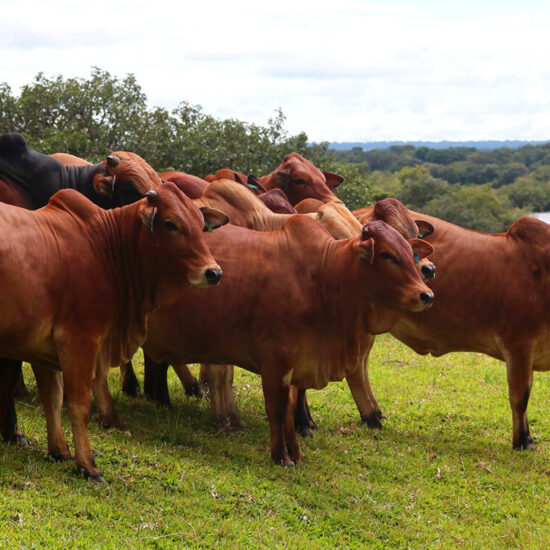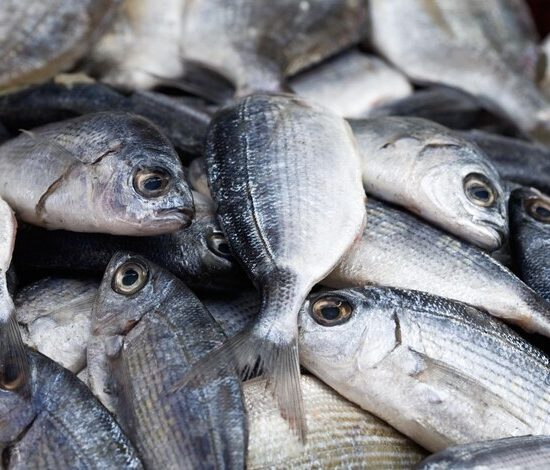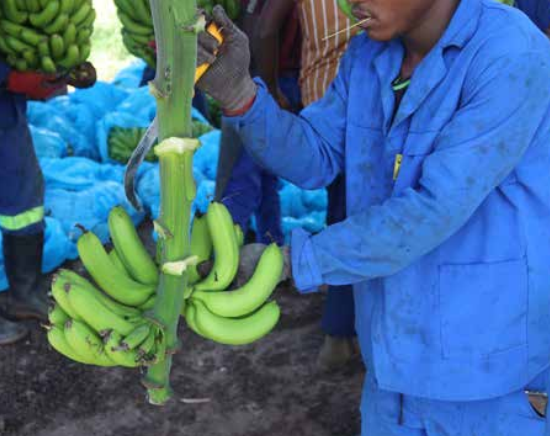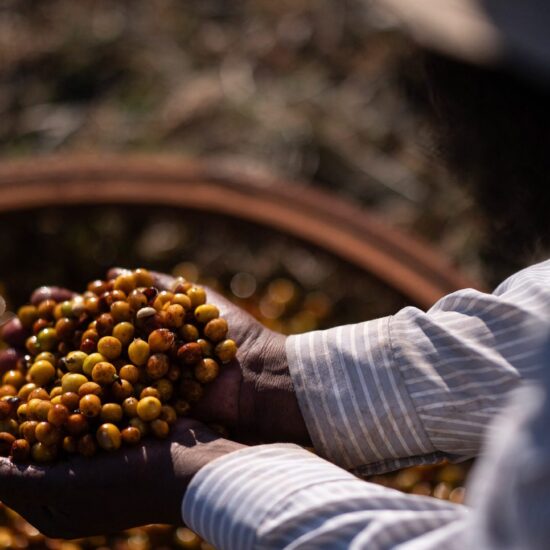
A Fish Solutions and Consultancy company has disclosed that there is need for fish farmers in Zambia to acquire deeper knowledge and to start formulating their own fish feed in order to increase fish production as well as their returns on investment.
Iban Aquafish Solutions Company Director Ian Bbole said the high cost of feed is one of the reasons the country has continued to experience a national fish deficit despite the country having huge water bodies. He stated that ‘therefore, there is the need for fish farmers to make their own feed and increase their production and returns’.
Bbole said fish meal, which is the major ingredient is imported and the fluctuation of the Kwacha to the dollar determines the cost of feed to a great extent. This has made this key ingredient expensive in times of steep Kwacha depreciation adding that if the kwacha appreciates, the cost of feed is equally expected to reduce.
He said other ingredients such as soya beans and wheat bran are and can be sourced locally, noting that fish meal is imported from countries that have a sea coast as they usually produce the commodity at competitive prices.
Speaking in an exclusive interview with the Zambian Business Times – ZBT, Bbole said there is need to find alternative sources of protein for fish in order to reduce the dependency on imported fish meal. Our local researchers and research institutions such as universities can do more in this area.
He said farmers should invest in the acquisition of Pallet Mills which are able to produce floating pallets as that may help reduce the cost of feed. Bbole told ZBT that natural water bodies have maintained the same amount of fish production which is not tallying with the demand for fish and the population that has continued to grow.
He noted that if natural water bodies are well managed, the production of fish in Zambia can increase adding that allowing fish to breed and cutting down on illegal methods of fishing can cushion the deficit.
Bbole cautioned that many farmers are getting into fish farming without acquiring the necessary knowledge, this leads to sub-optimal yields, therefore the need for more learning institutions to provide the relevant information to people who want to venture into fish farming.
He said capital is also a challenge for most people as fish farming is not an easy venture to get into. Fish farms have different levels of investment depending on the target production levels, but a significant funds are required especially if one has challenges with water resources and is dependent on underground water or a borehole.







